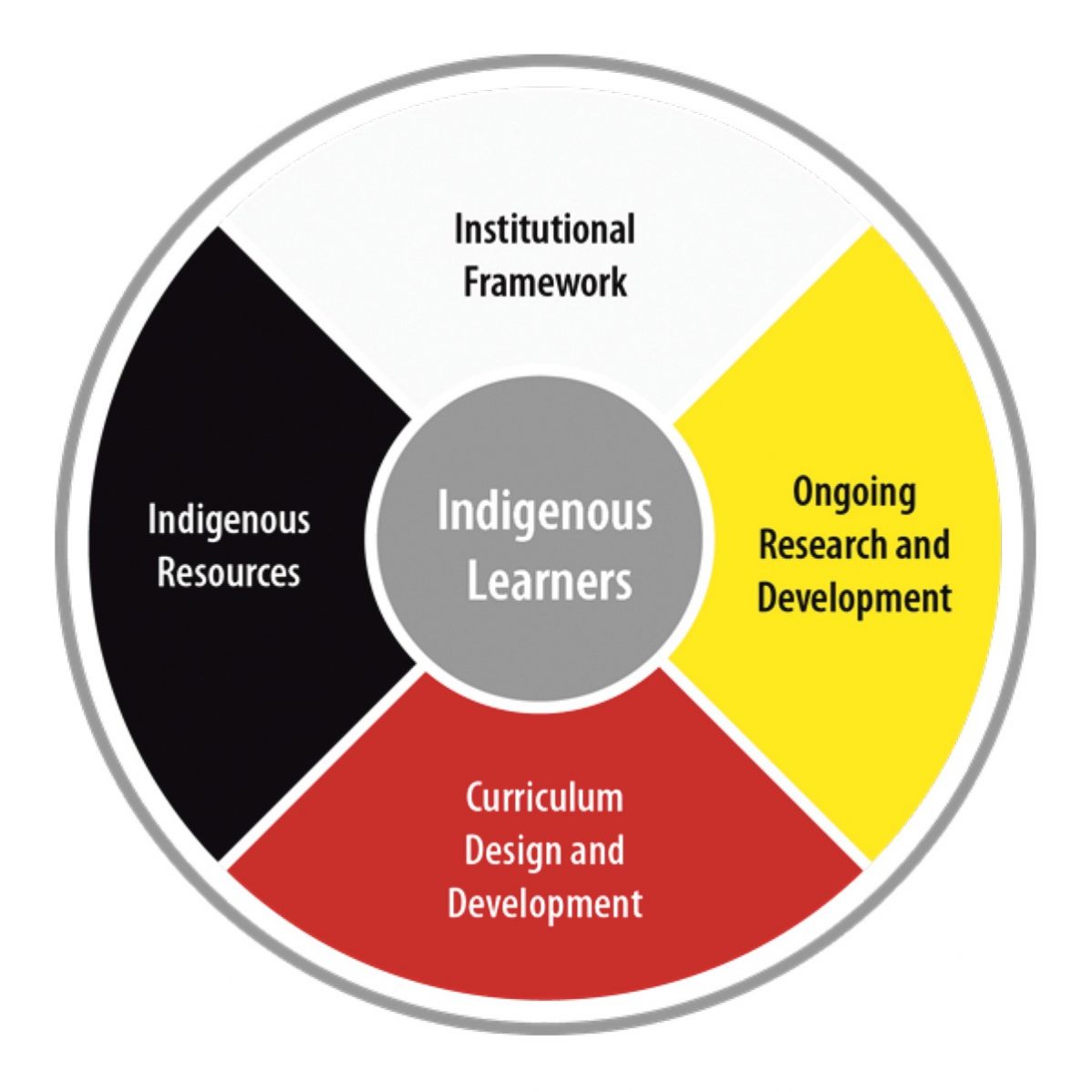New report from Colleges Ontario says it will take years for TRC calls to be incorporated at colleges
A summary report by Colleges Ontario released in March has brought to light the work that colleges are doing to incorporate Indigenous knowledge into their programs.
The report Addressing Truth and Reconciliation: Summary report of Ontario’s colleges states that even though colleges are working to address the calls to action by Canada’s Truth and Reconciliation Commission (TRC), it will take years for them to be incorporated into colleges’ policies and curriculum.
The TRC was created as part of a settlement about Canada’s history of residential schools whose mission was to document the abuses that happened in the schools and to guide Canadians in the process of reconciliation based on mutual understanding and respect.
“These are colonial institutions so I’ve always had my reservations about coming in to these places and taking and learning their ways.” said Dylan Monagui, an Ojibwa first-year student in the social service worker program at George Brown College (GBC). “But, I’ve been lucky, I have professors that are very much aware of Indigenous issues and they always try to make acknowledgements and considerations.”
The Colleges Ontario report looks at the partnerships between colleges and Indigenous communities to develop education strategies, Indigenous student centres to create a welcoming environment and additional support such as peer tutoring, sharing circles and dedicated bursaries.
“We’ve gone through the TRC Report, and we are working as a college system to take a look on what we can do collectively and individually to make sure that we respect the recommendations of the TRC,” said Anne Sado, president of GBC.
The efforts made at GBC include additional resources for Indigenous students and spaces at both St. James and Casa Loma campuses where Indigenous students can share experiences and build a network with peers inside the college. Sado said the college is also looking at creating an Indigenous student centre at Waterfront campus.
Next fall, the Ontario government will incorporate history and culture of Indigenous Peoples in the curriculum of elementary and secondary schools to implement the TRC calls to action for education.
Two Canadian universities—Lakehead University and the University of Winnipeg—incorporated Indigenous knowledge into existing courses two years ago. Every undergraduate student at the universities will learn about Indigenous culture as part of a mandatory course requirement.
Osgoode Hall Law School at York University also recently announced an Indigenous and Aboriginal law requirement for students pursing juris doctor degrees at the school. The requirement begins in September.
“We are actually looking at that now, GBC has a long-running Indigenous Educational Council,” said Ian Wigglesworth, dean for the centre for preparatory and liberal studies. “And, with them, we are looking at deciding how to integrate and build from the bottom-up ways of knowing Indigenous work.”
Three Indigenous related elective courses were offered at GBC last year: Aboriginal studies, Aboriginal education: insights and perspectives and Aboriginal education in the Canadian context. Over 600 students took one of the courses or had an in-class Indigenous content component in their program, according to Wigglesworth.
Monagui said that there is much more to do to develop a long-term curriculum that will adequately address the demands of Indigenous students.
“I would have to see the course material and the kind of people that are teaching it to form an opinion because right now all that I can say is that it is a step in the right direction,” he said. “But how deep is it going to go? How long is the course? What are they learning?”


